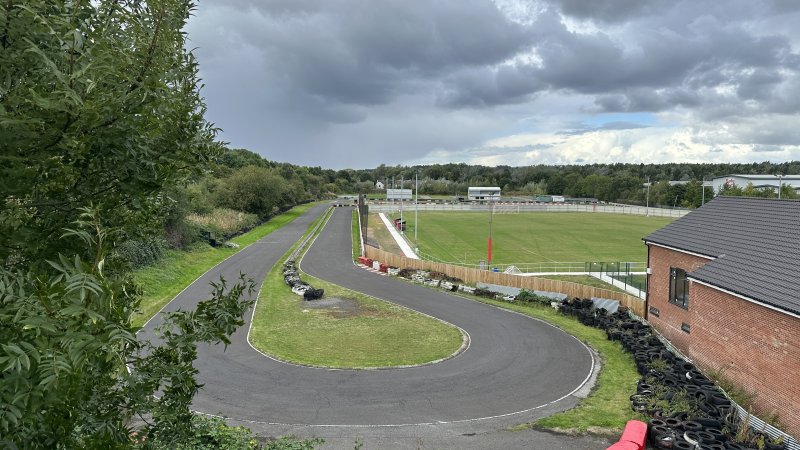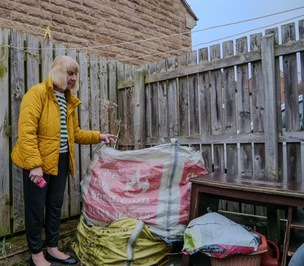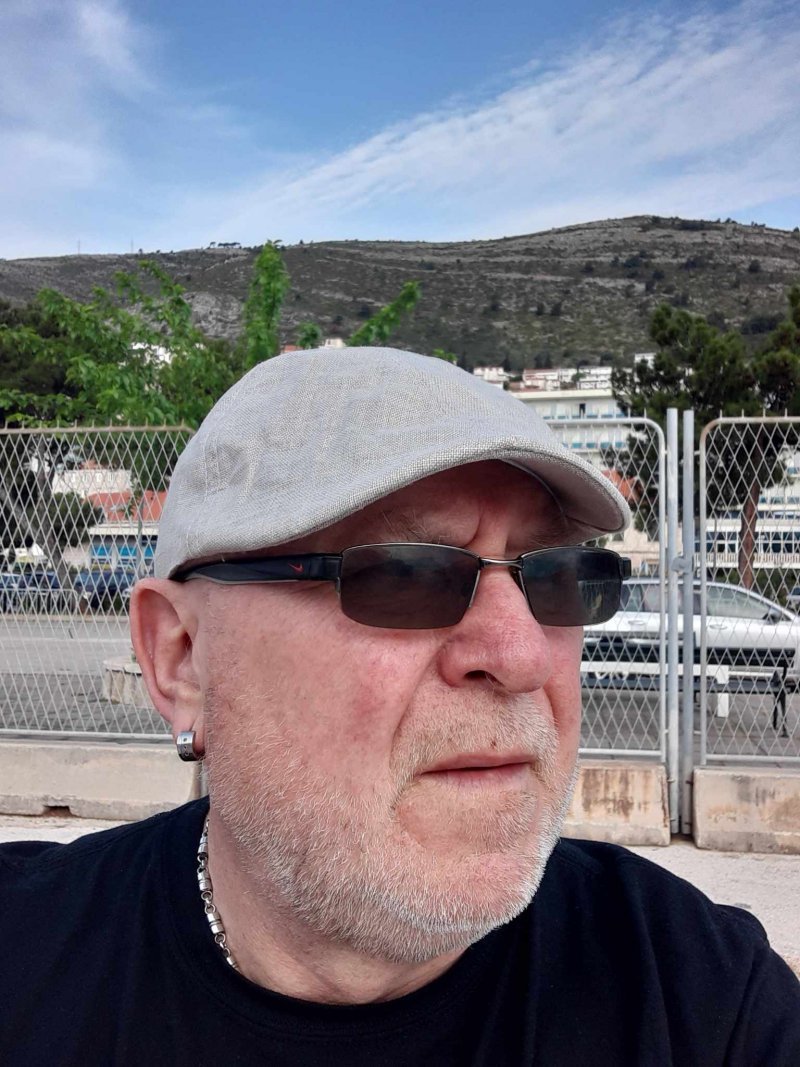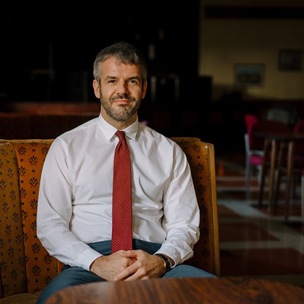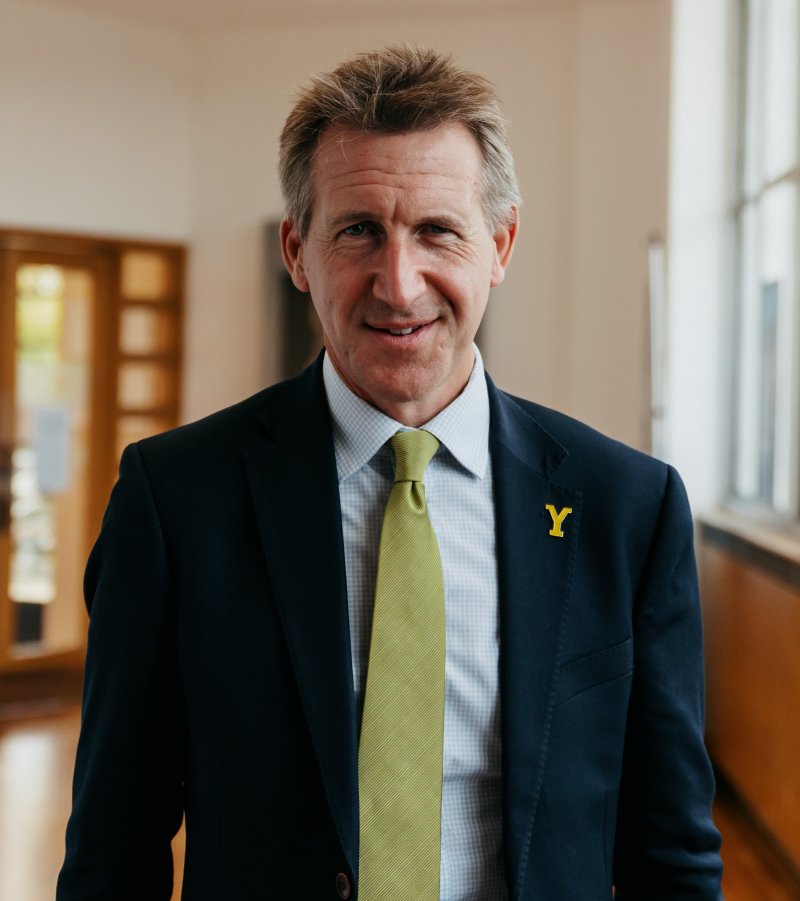ON December 10, me and three other guys, from somewhere in the north of England, are admitted into one of the Sheffield Teaching Hospitals for major surgery.
Three have to undergo life-saving cancer operations and the fourth was born with an extra kidney, which has to be surgically removed since it’s now ‘gone t’wrong rooad’.
All four patients range in age from 45 to 71.
Nothing much can ever be remembered about the discomfort of the first 18 hours after surgery because patients are all pumped up with anaesthetic.
Later, you get your surgeon’s post-op feedback and then begin to get used to the daily hospital routine.
Only now, if you’re feeling pain-free and sociable, can you get to know your new neighbours and the hospital staff.
Dimitrios is a Greek gentleman and the most senior amongst us. Imagine an ageing Tom Conti in Shirley Valentine - that’s Dimitrios.
His ‘presence’ makes me think he’s famous for something – acting, business, international drug trafficking? Some of the medical staff appear intimidated by him, and through conversations and eavesdropping, I slowly discover that he once worked as a rocket engineer, lectured in the subject, and qualified as a pilot many years ago. But that still doesn’t account for the deference he’s afforded.
Shortly before lights-out, Dimitrios is on the phone to his wife and for some odd reason, he puts her on loudspeaker. Perhaps he’s hard of hearing?
Mrs Dimitrios is a retired business woman who speaks like the late Queen of England. I hear her quizzing Dimitrios about his hospital treatment. Soon the phone call is finished and all four of us in the ward are overcome with the warm wooziness of prescribed morphine.
As the main room lights are dimmed, a peacefulness envelopes the Ward like a soft, warm blanket.
At a quarter past midnight, we’ve all been snoozing for a couple of hours when our sleep is suddenly interrupted by Dimitrios’ ring tone. It’s his wife. The wall clock is not illuminated but I can just make out it’s 12.15 am. The phone’s loud speaker is still on.
Bloody hell.
“Hello, my sweetheart. I was just thinking of you.”
I try not to roll my eyes and expect Dimitrios to explain to his sweetheart that this is not a good time for a private chat in public. However, they merely carry on gossiping.
Wait until the duty nurses hear this, they’ll soon put a stop to it. A nurse enters our room, checks a noisy machine and walks out without saying a word? I’m flabbergasted.
“What time is it, nurse?” I shout, but she answers back, “12.15” without even turning around and then carries on walking back to the nurse’s station.
I sense my other two roommates are equally unhappy with our sleep-interrupted night, but like me, they don’t want to kick up a fuss, especially as the nurses seem unperturbed.
I need to be more tolerant, so I put up with the meaningless chitchat for another ten, 15, 20 minutes, until I can’t stand it anymore. If I don’t put a stop to it now, no one else will.
“Ey up, nurse. Tell this guy to put the bloody blinding phone down before I... And tell his sweetheart not to phone up again while we’re all fast asleep!”
My other two patient-friends pull the bed sheets over their heads.
The nurse whispers deferentially in Dimitrios’ ear and the incident is over. However, I seriously begin to wonder whether Dimitrios is some sort of underworld gangster figure – the thought of Dimitrios the Godfather makes me smile!
Dimitrios becomes bitter with me and wastes no time breaking off all diplomatic relations between us.
Next day, he’s visited by two young theatre surgeons dressed in scrubs. This is not a professional visit because (as I soon discover) they are the sons of Dimitrios and highly esteemed employees of the hospital.
When Dimitrios has been without a laptop charger for a few days, it’s mine he begins to covet. After gradually being more agreeable, he finally builds up enough courage to ask to borrow mine. I hand it to him – not because I’m soft, but because I’m not prepared to risk waking up with a horse’s head in my bed.
Incidentally, the NHS treatment we patients receive over the seven days, is phenomenal. Can this be ascribed to much better funding for teaching Hospitals compared to others?
Silly question.
To avoid embarrassment certain names, and extremely minor details, have been altered.



